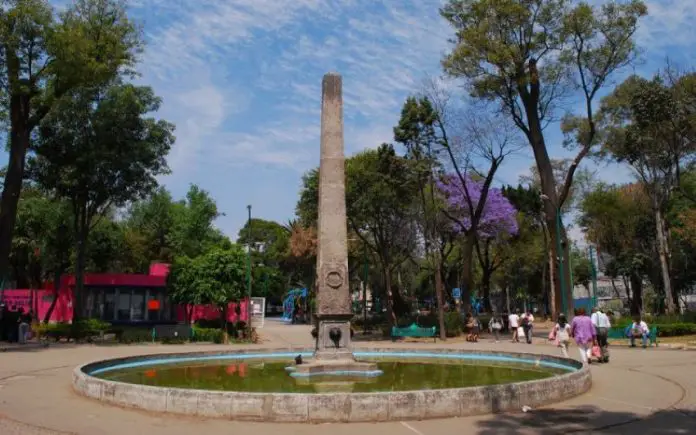Borough: Miguel Hidalgo
Established: 1869
Location: 5 km southwest of the Angel de la Independencia
Who lives here
Of the 26,600 residents that live in this lively neighborhood south of Condesa, the majority are long-time residents, as well as middle-class families and young professionals looking for an affordable alternative to Condesa and Roma. Escandón’s location and agreeable cost of living attracts real estate investors with an eye for up-and-coming neighborhoods.
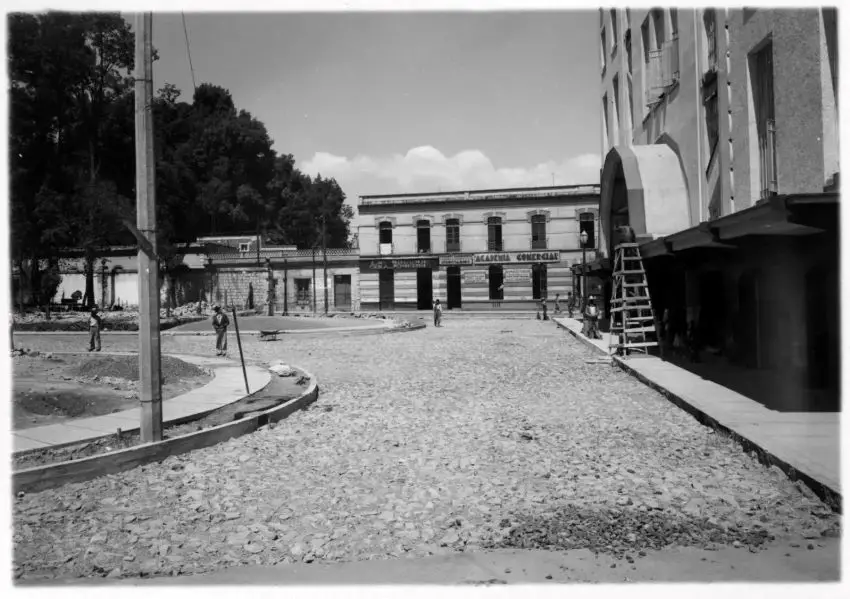
Escandón has a very local feel, with residential buildings interspersed among small businesses and traditional markets. Still relatively undiscovered by the expat crowd, visitors might notice a stronger sense of community here than in the neighboring colonias.
A brief history of Escandón
The neighborhood is named after the Escandón family. The aristocratic Escandóns acquired wealth through business ventures in transportation, mining and real estate, becoming one of Mexico’s richest and most powerful families in the 19th century. In 1869, a family patriarch purchased part of the former Hacienda de la Condesa, which was broken up into what would eventually become neighborhoods including the present-day Condesa and Escandón. In the late 1800s, it remained part of the town of Tacubaya, on the outskirts of Mexico City, and the family’s personal estate.
Escandón became part of the Federal District (what is now Mexico City) in 1929. With the culmination of the Mexican Revolution, Escandón transitioned into a residential neighborhood, largely occupied by military officers and their families. The construction and expansion of major thoroughfares like Eje 4 Sur and Viaducto in the mid-20th century gave the neighborhood the shape we know today.
A guide to Escandón today
Quiet and full of families, Escandón’s strategic location provides easy access to other popular areas like Condesa and Roma while maintaining its own sense of self. It’s known for its affordability, cultural richness and local charm.
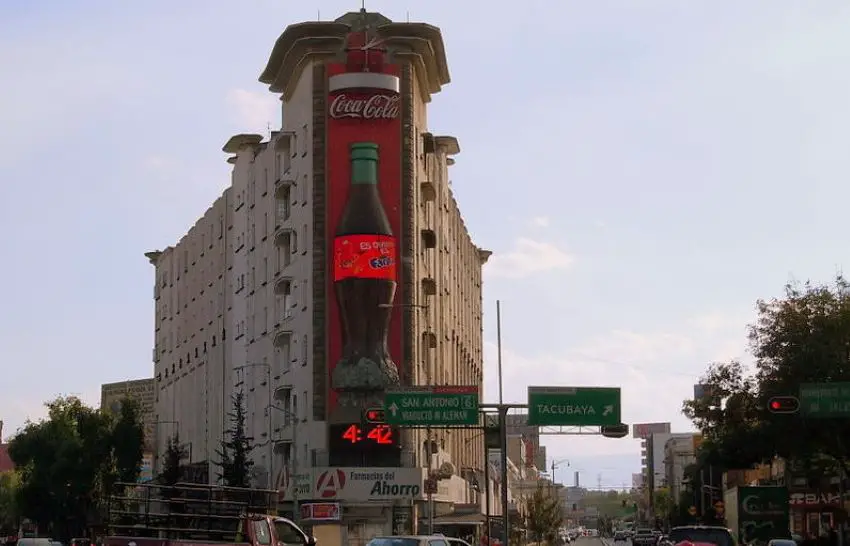
Escandón is bordered by Eje 4 Sur Benjamín Franklin and Avenida Baja California to the north, Viaducto Río Becerra to the south, Avenida Nuevo León to the east and Avenida Revolución to the west.
The neighborhood is divided into two sections on either side of Avenida Patriotismo. Section I is the western half of the colonia, bordering Tacubaya along Avenida Revolución. It’s a slightly more residential mix of historic buildings with modern developments. The population is noticeably older and quieter when compared to its eastern counterpart, which has more mom-and-pop shops and family parks and borders Roma Sur along Avenida Nuevo León. The crowd is a bit younger and diverse, likely attracted to the denser concentration of cafes, restaurants, and boutique shops. Both sections share a northern border with Condesa in the form of Eje 4 Sur.
Escandón is great if you love: Exploring sides of CDMX that are less commercial than Roma and Condesa but equally brimming with history, tradition, and life. It’s a safe pocket showcasing a genuine slice of local life, with small shops, markets and eateries that reflect the everyday culture of Mexico City.
What to do in Escandón
Parroquia de San José de la Montaña: The small church on Eje 4 Sur seems unassuming from the street, but a pop inside reveals a gorgeous display of stained glass windows.

Centro Cultural Roldán Sandoval: With a full lineup of unique shows and artsy events, the quirky 1970s theater is considered one of the neighborhood’s most important cultural spaces.
Edificio Martí: The iconic Art Deco building designed in 1931 by architect Francisco J. Serrano is one of Escandón’s most beautiful. It can be found on Calle Sindicalismo, close to the corner with Calle José Martí.
Mercado Escandón: For over 30 years this center has played a role much larger than a community market. It’s a gathering place for locals, making a stop here more of a Mexico City immersion than a shopping experience. Have a bite at Playa Escondida Market.
Guadalajara90210: Jalisco’s unique nomadic art gallery has a permanent space, but not a permanent collection, in Escandón.
Pulquería la Pirata: Channel your inner bohemian when you step through the saloon-style swinging door of this no-frills pulque bar, a neighborhood staple for 80 years.
Tuesday tianguis: From 7:30 a.m. until 5:30 p.m. the charming Calle José María Vigil plays host to an open-air market selling everything from embroidered baby clothes to fresh spinach.
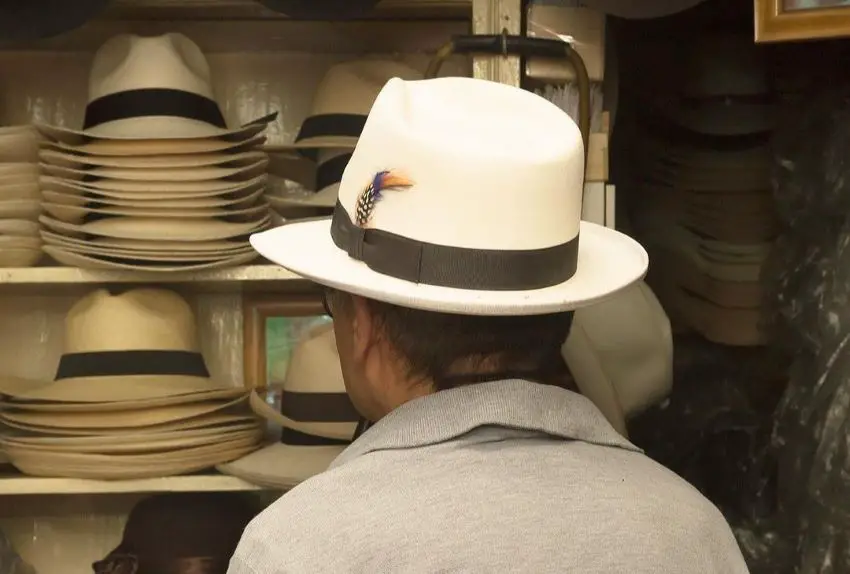
Sombrerería Escandón: Need a hat? Step inside Escandón’s premier hat shop, where Don Ignacio will find for you the perfect style and fit.
What to eat in Escandón
Terraza Micheviche: The beer, seafood, and large, lively terrace at this casual dining spot is the perfect way to end a day of wandering.
OPPA: This highly-rated, Korean-owned restaurant is cool, casual, and known for its authentic home-cooked meals and charming atmosphere. Fill up on a steaming bowl of flavorful ramen on the cozy outdoor patio.
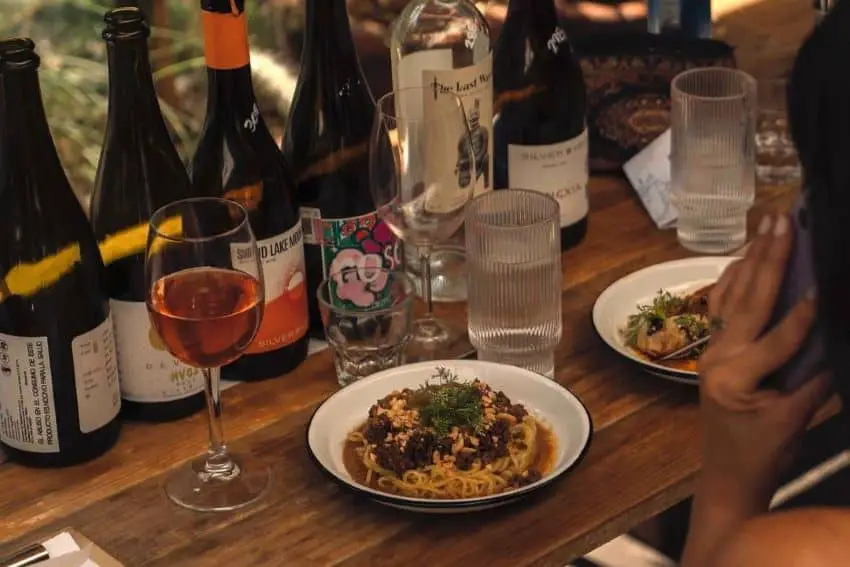
Via Sol: Who knew delicate and juicy dumplings could pair so well with wine? Be sure to check the events calendar, as the little restaurant has a lot going on.
Cantina El León de Oro: It has all you could possibly want in a classic cantina: formica tables, bright lighting, flatscreen TVs and the occasional mariachi appearance. However, it’s the hearty menu and lively ambiance that keep the locals coming back again and again.
Conejo Rojo Coffee: When it’s time for a pick-me-up, why not stop for an organic coffee in the Red Rabbit? Admire the alternative art on the walls while the barista whips up a French press brew.
Café Escandón: Overflowing with trinkets and snacks, you simply cannot come to this side of town without peeking in. While perusing Mexican handicrafts, sip on a hot chocolate bubbled over with marshmallows.
One hidden gem in Escandón
There is something about the quiet energy of Calle José María Vigil that will sweep you away to a Mexico City of the past. Tiny and leafy, stroll past pops of street art, dangling hummingbird feeders, multicolored facades, a lone bakery and the occasional friendly neighbor on the way home from the market.
Bethany Platanella is a travel planner and lifestyle writer based in Mexico City. She lives for the dopamine hit that comes directly after booking a plane ticket, exploring local markets, practicing yoga and munching on fresh tortillas. Sign up to receive her Sunday Love Letters to your inbox, peruse her blog, or follow her on Instagram.
